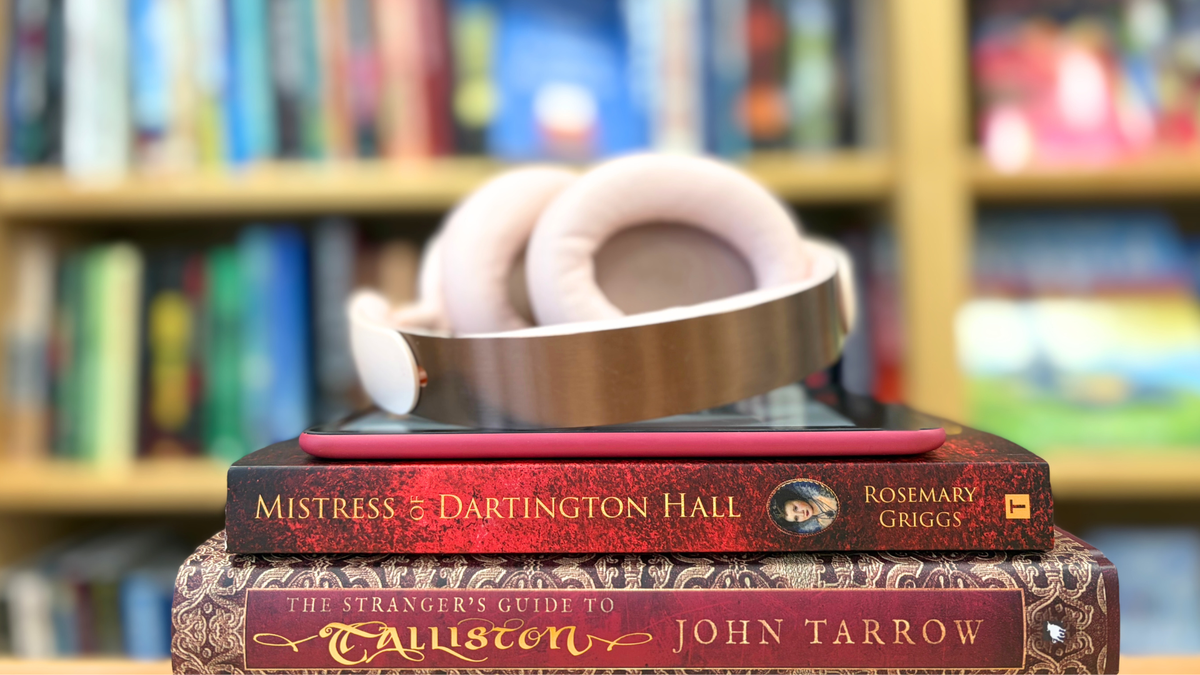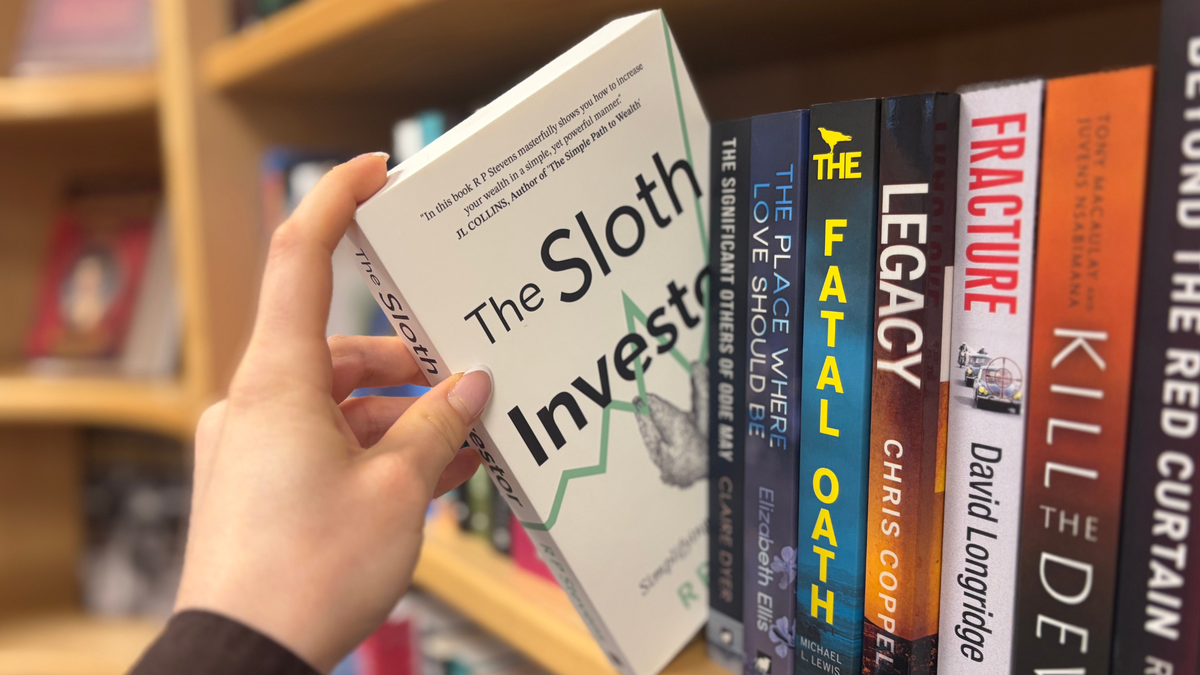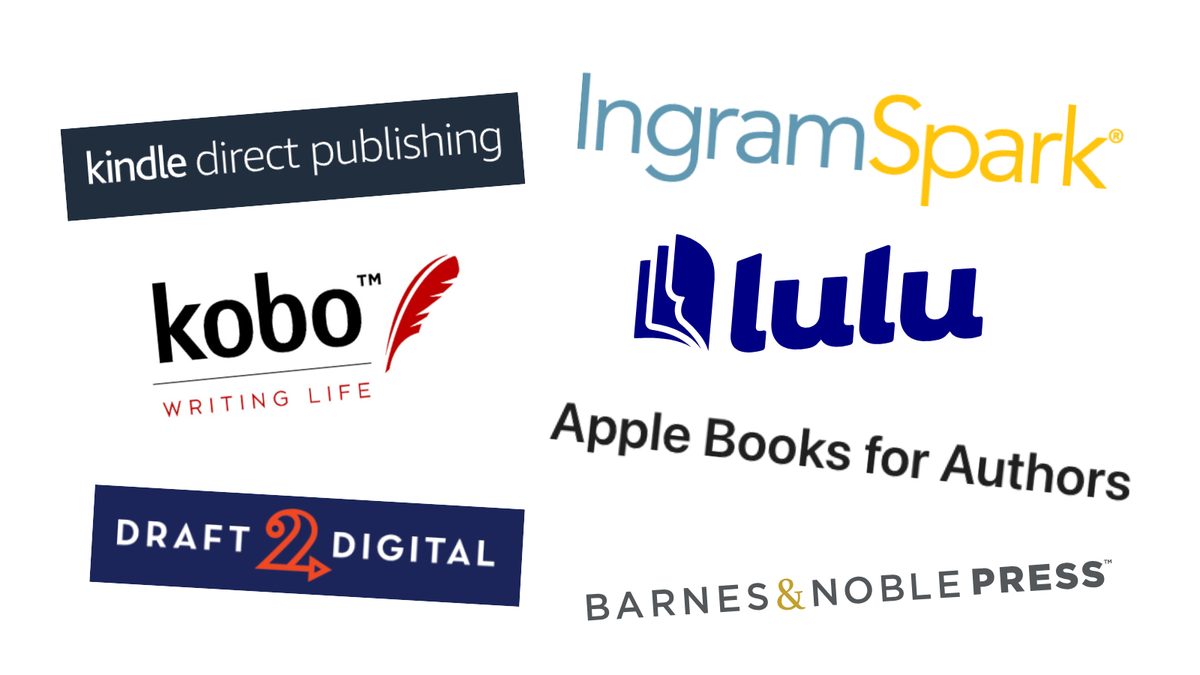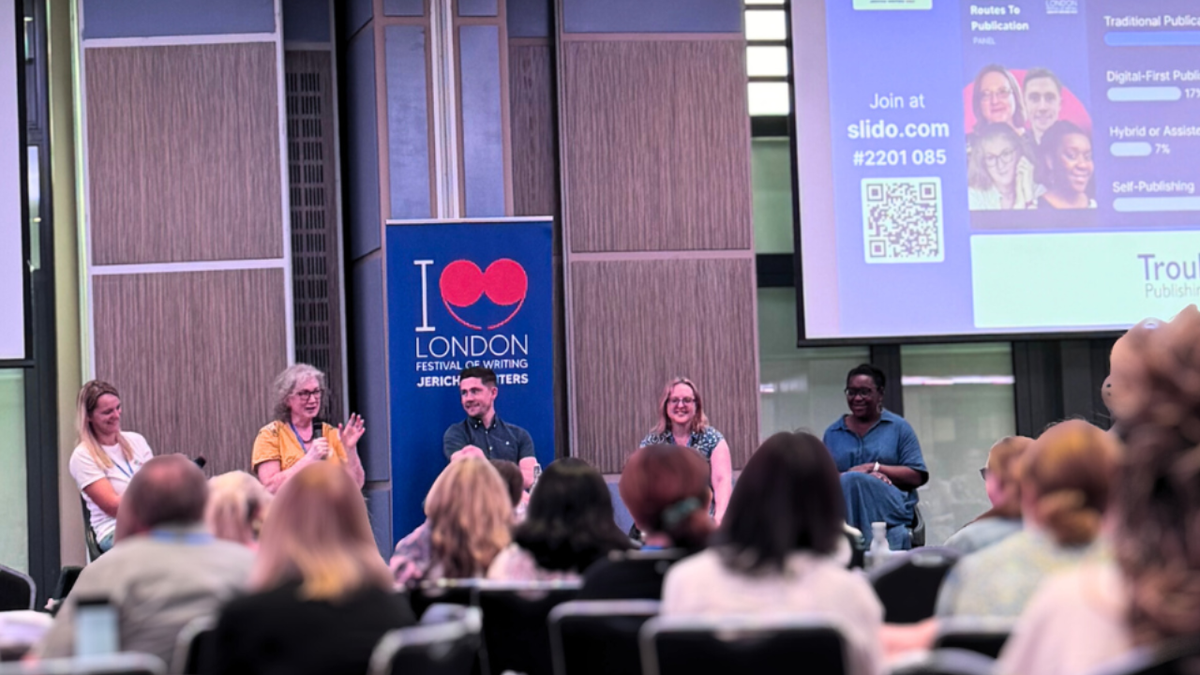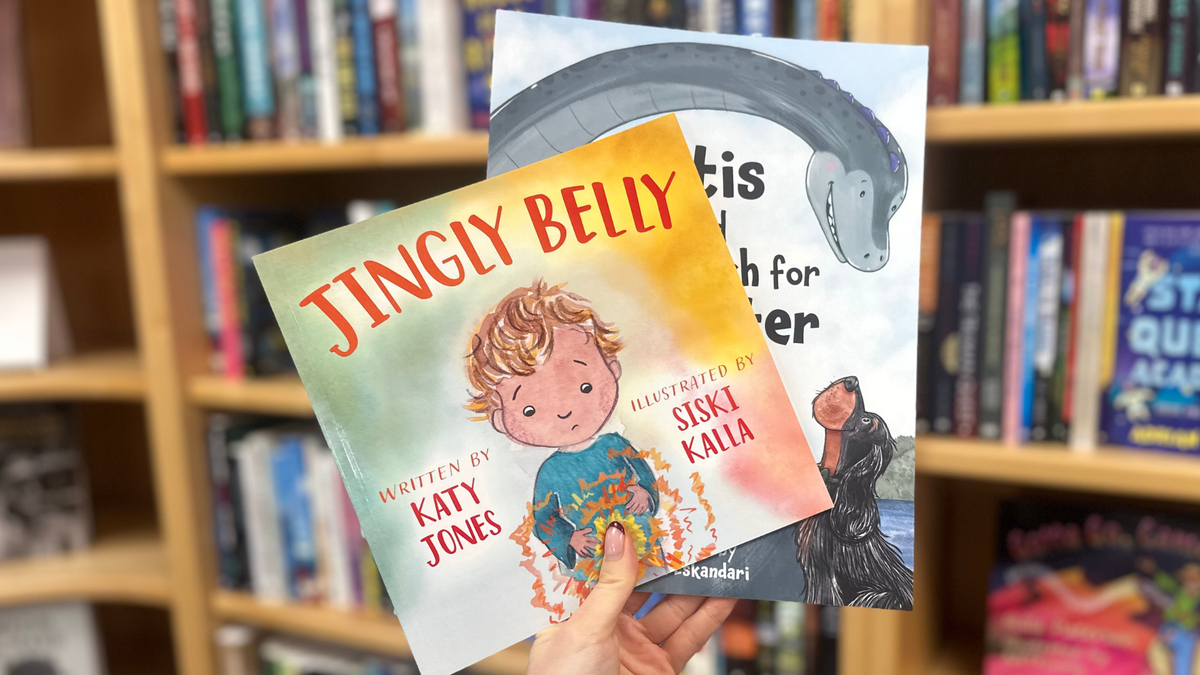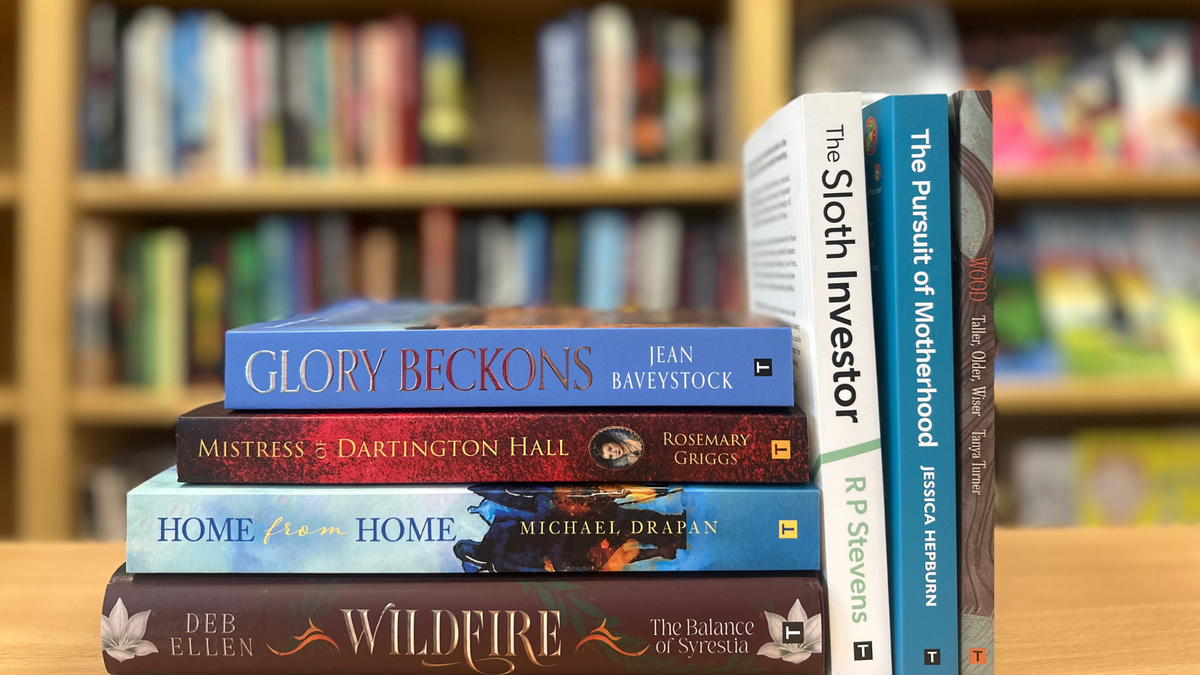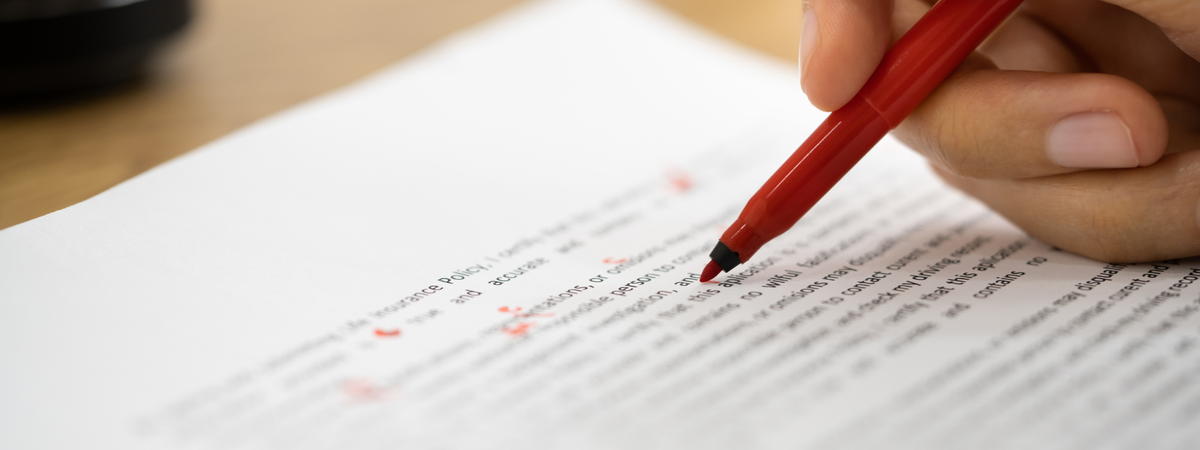
7th June, 2023
5 min read
Punctuation for Writers
Written by:
Lauren Stenning
Punctuation for writers is likely overlooked when the all-important words of your story are tumbling from your mind onto the page in front of you. Why would you interrupt your creative flow to think about the placement of an apostrophe? You'll check that later, right? But even when you come to proofread your own work, it's possible you've become so accustomed to the idiosyncrasies of your punctuation that you're now unable to identify mistakes. This blog will outline the most common mistakes that we see from authors self-publishing with us and explain how to correctly use key punctuation to make your manuscript as error-free as possible before publication. With the launch of Amazon KDP over a decade ago, self-publishing suddenly became a viable option for writers to be able to get their books out into the world. However, the inevitable consequence was that these self-published books often lacked the quality of traditionally published books as they hadn't benefited from professional publishing services such as editing, leading to the stigma of 'vanity publishing'. As there are now many more routes to self-publishing available to authors involving professional publishing services, those looking to seriously self-publish are able to produce high-quality books, thereby avoiding reviews such as 'the punctuation in this book is a mess!'. The editorial services that Troubador can provide are detailed at the end of this blog, and you can read more about choosing a book editor. To get your manuscript in the best possible shape before submitting it to an editor, we've listed the most common punctuation mistakes we see, and how to avoid them, below.
Dialogue
'Do I use single or double quote marks for speech?' is a question that frequently pops up when considering punctuation for writers. The good news is that this is entirely your choice as neither is incorrect! What matters when it comes to speech is the punctuation around the quotation marks, and this differs depending on the type of speech.
Direct speech
Direct speech refers to someone's exact words. Writers often mistakenly place punctuation outside the quotation marks when writing this type of dialogue, when in fact it must be placed inside the quotation marks; for example: 'I love learning about how to use punctuation!' the author exclaimed. If a speaker is directly reporting somebody else's speech, different quotation marks must be used to differentiate the speakers; for example: ''I was inspired by a fellow writer recently who said, 'I love learning about how to use punctuation!' It made me want to improve the quality of my writing,'' the author admitted.
Quoted speech
The purpose of quoted speech is to directly report what somebody else has said. As this type of speech is often integrated into a sentence, the punctuation should match that of scare quotes and be placed outside the quote marks; for example: The author exclaimed that they 'love learning about how to use punctuation' and went on to discuss their editing process.
Scare quotes are quotation marks placed around a word or phrase from which you, the writer, wish to distance yourself because you consider that word or phrase to be odd or inappropriate for some reason, e.g. The phenomenon of 'BookTok' is really taking off.
Ellipses vs em dashes
Many writers default to ellipses when writing dialogue to indicate that a speaker is being interrupted. However, ellipses should only be used to indicate that a speaker is trailing off; for example: 'I thought I'd got my head around punctuation but then...' the author trailed off, deflated. To indicate an interruption, an em dash should be used; for example: 'I thought I'd got my head around punctuation, but then I—' 'Then you discovered the semi-colon!' the editor interrupted.
Types of dashes
Speaking of em dashes – a common mistake is for writers to confuse these with en dashes or hyphens. To clear things up, here is what each type of dash should be used for:
- Em dash (—) As already mentioned, em dashes should be used to indicate a speaker being interrupted. They should be placed at the point of interruption and, as with all direct speech punctuation, appear inside the quotation marks, with no space inserted on either side.
- En dash (–) En dashes are shorter than em dashes but longer than hyphens and can be used in a couple of different ways, which can normally be substituted by alternative punctuation. For instance, en dashes can be used in a similar way to bracketing commas to separate an interruption or side note from the rest of the sentence; for example: The author was finally getting the hang of punctuation – or so they thought – after hours of studying. This type of dash can also be used to introduce an independent clause, i.e. one that can stand alone, which is often joined by a semi-colon; for example: The author was finally getting the hang of punctuation – they had been studying for hours. Unlike em dashes, en dashes should be spaced at both ends.
- Hyphen (-) The hyphen is used in compound words, e.g. 'light-hearted', 'post-war'. Authors often hyphenate unnecessarily in their work, creating compound words where these should either appear as one joined-up word or two separate words, so make sure to check a dictionary if you're unsure whether a word should be hyphenated or not. The use of a hyphen in modifiers also depends on their placement in the sentence, e.g. 'the well-behaved dog' vs 'the dog was well behaved'. The hyphenated pre-modifier 'well-behaved' avoids ambiguity; 'the well behaved dog' could lead to confusion – is the dog 'well' as opposed to 'poorly'? It's important to use hyphens correctly so that your intended meaning is clear.
Possessive apostrophes
Authors tend to run into trouble with possessive apostrophes, especially when the noun in question ends in 's'. This type of apostrophe is used to denote that something belongs to someone else, e.g. 'the author's writing pen'. Seems simple enough. But what happens when the noun becomes plural, i.e. the pen belongs to multiple authors? In this instance, the apostrophe is placed after the 's': 'the authors' writing pen'. However, there is more confusion to overcome when you encounter a singular noun ending in 's', most commonly proper nouns, e.g. Lewis. To solve this one, try saying the sentence aloud to determine whether another 's' would be pronounced, e.g. 'Lewis's pen' or 'Lewis' pen', the former being correct in this instance.
How Troubador can help with punctuation for writers
If the idea of catching and correcting these punctuation mistakes in your own work is too overwhelming, or you would like the peace of mind of having another pair of professional eyes look at your manuscript, Troubador offers a range of editorial services which will correct punctuation mistakes. Self-publishing authors can opt for a proof read or a more in-depth copy edit, both of which will correct punctuation for writers. Find out more about our self-publishing editorial services or get a quotation for an individual editorial service through our sister company Indie-Go.


